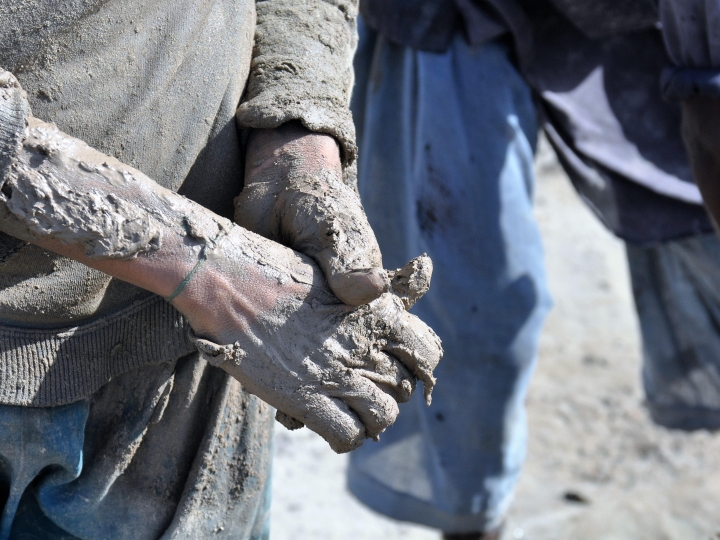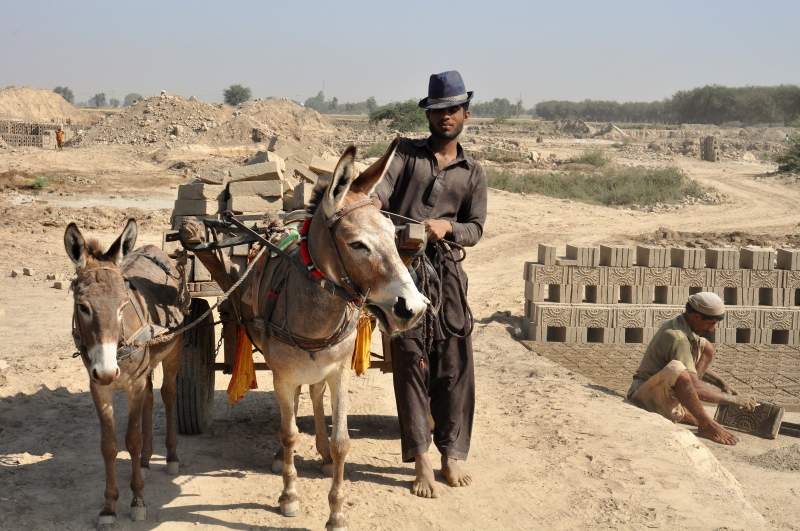“The Global Slavery Index estimates that 3,186,000 people are held in modern forms of slavery in Pakistan, ranking the country at 8th place among the world’s 167 nations with the highest prevalence of modern slavery. The most common form of modern slavery prevalent in Pakistan is bonded labour, mainly in agriculture and brick kilns sectors (production of bricks).” Excerpt from the blog post by Zulfiqar Shah, NHRF’s local consultant in Pakistan
In Pakistan, modern slavery remains a huge problem, with more than 3 million people being held in different forms of slavery. One of the most common forms of modern slavery in Pakistan is bonded labour, an issue that NHRF’s local consultant Zulfiqar Shah wrote about in a blog for our website last year. Many of the people trapped in bonded labour in Pakistan works in the brick kiln sector. Two of NHRF’s grantees in Pakistan, Labour Education Foundation (LEF) and Encourage the Human Development (EHD), work directly with brick kilns workers in two different areas of the Punjab province in Pakistan.
LEF and EHD work to provide training and education for brick kiln workers and their families, and also provide legal support, organize campaigns to abolish exploitative work practices and debt servitude, as well as advocacy work to raise the minimum wages for workers. Both organisations are important in supporting and facilitating increased registration for social services amongst illiterate workers.
Some of the NHRF partners’ results
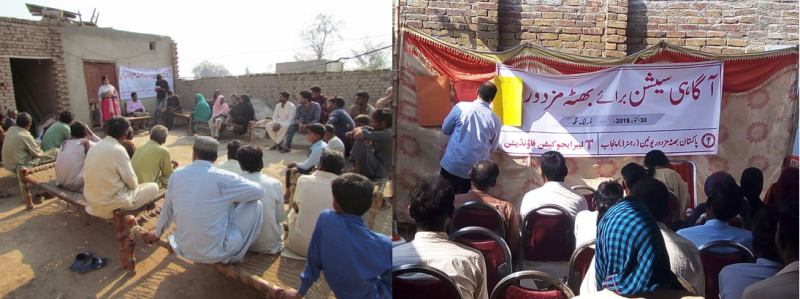
In 2020, both organisations had some great successes in their work. LEF’s advocacy and collaboration with the Pakistan Bhatta Mazdoor Union resulted in wage increases for 18 000 brick kiln workers in accordance with the local law on minimum wages. The lack of implementing this law has been one of the main issues for impoverished brick kiln workers. In the Multan district in southern Punjab, EHD’s efforts were crucial in restarting the local inactive district vigilance committee – a mechanism created to support the local administration in their efforts to identify, free and rehabilitate bonded labourers and to abolish the exploitative practices of bonded labour.
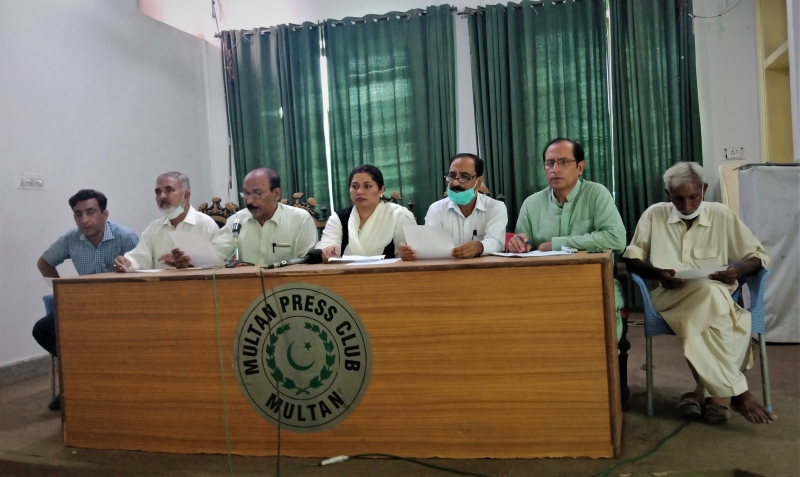
Both EHD and LEF have also been pushing for increased women’s participation in their program activities, but also advocated for women to be among the leadership in the unions to ensure that their perspectives are included in their work. These efforts have been important in a context where the majority of government officials even deny the existence of bonded labour and exploitative practices which are commonly defined as modern forms of slavery.
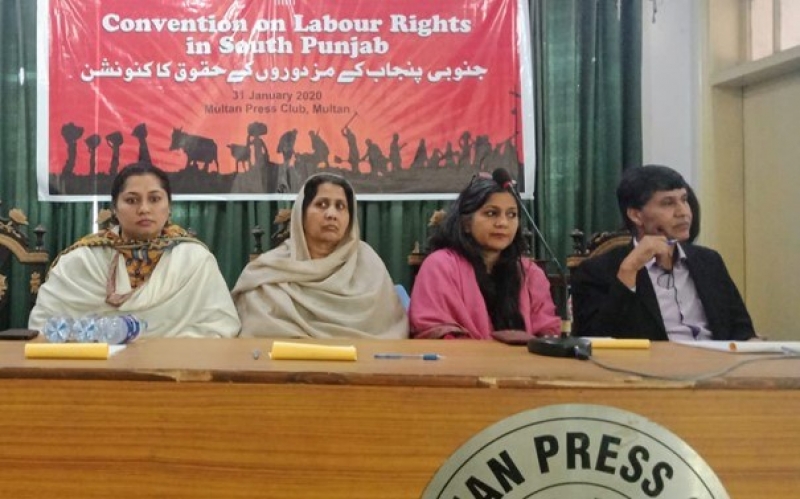
The two organisations also work in close collaboration with unions representing brick kiln workers. Encourage the Human Development founded the first brick kiln trade union for brick kiln workers in a NHRF-funded project, and registered seven brick kiln unions and one federation between 2013 and 2017. Labour Education Foundation works closely with Pakistan Bhatta Mazdoor Union – a brick kiln trade union who are vital in defending the rights of workers vis-à-vis employers and brick kiln owners, and who conduces collective bargaining on behalf of workers.
The NHRF is proud to support Encourage the Human Development and Labour Education Foundation - two organisations who continues the fight to combat modern slavery in Pakistan.
Main photo: Norwegian Confederation of Trade Unions.

